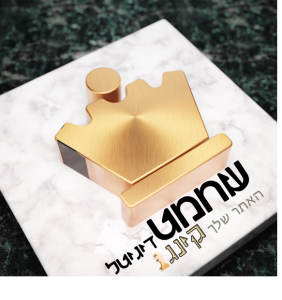Tezaveh – Purim
1) Prohibition of eulogizing and fasting: The 14th and 15th of Adar (Purim and Shushan Purim) are days of feasting and joy. Therefore, eulogizing and fasting are forbidden to everyone, everywhere, in both open and walled cities.
2) A mourner during the Shivah (Week of Mourning) period should not show signs of mourning in public on the two days of Purim, the 14th and 15th of Adar whether in an open or a walled city. The mourner should not sit on the floor or remove his shoes – but maintain those aspects of mourning done in privacy, as on Shabbat.
Despite the prohibition of mourning on Purim, the day itself counts as one of the seven days of mourning (Shivah).
3) The Reading of the Megillah (Scroll of Purim story): If possible, the mourner should assemble a Minyan (quorum of 10 adult males) in his home for prayers and the reading of the Megillah. Otherwise, he may go to the Synagogue to hear the reading of the Megillah for the required reading both at night and the following day. If he is in the Synagogue for Shabbat services he should stay on for reading of the Megilla, if this occurs immediately after Shabbat.
4) Gifts to the Poor and Sending Purim Parcels (Mishloah Manot, portions of food): A mourner, even during the Shivah period, must observe the commandments of gifts to the poor and sending Mishloah Manot to a friend, but should only send the minimum (to two people) required for the fulfillment of the commandment (mitzvah). In any event, the mourner should not send things which cause joy. A mourner cannot receive Mishloah Manot for the entire year of mourning.
Usually the greeting “Shalom” implies that life is normal and that people are in a state of joy. As such, it is not an appropriate form of greeting in to someone in the year of mourning; similarly, sending Mishloah Manot is a form of greeting and inappropriate to send to a mourner.

 שחמט דיגיטל
שחמט דיגיטל